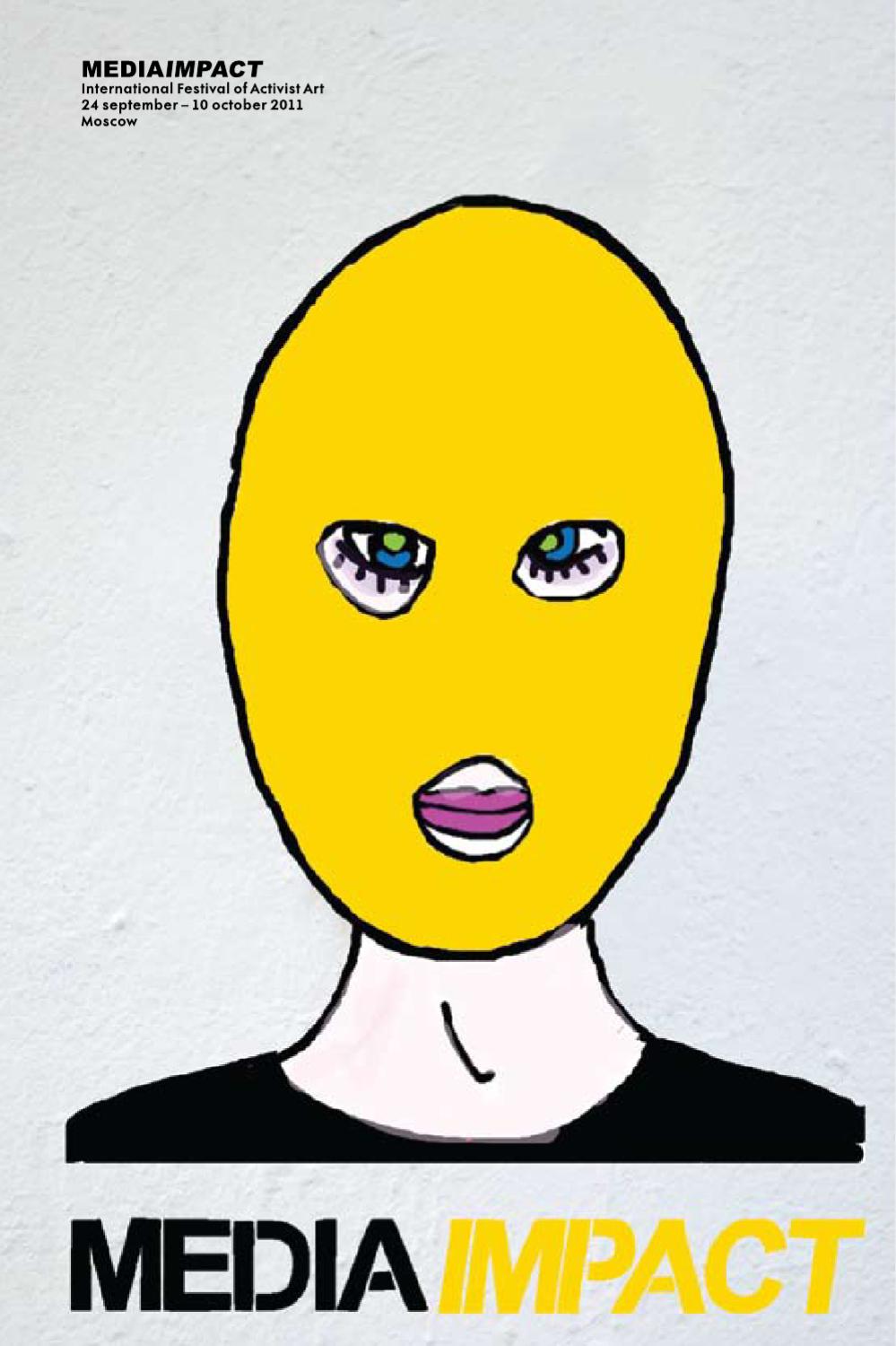MoneyLab Reader 2: Overcoming the Hype (2018)
Filed under book | Tags: · activism, bitcoin, blockchain, cryptocurrency, digital economy, economics, finance, internet, money

“MoneyLab is a network of artists, activists, and geeks experimenting with forms of financial democratization. Entering the 10th year of the global financial crisis, it still remains a difficult yet crucial task to distinguish old wine from its fancy new bottles. The MoneyLab network questions persistent beliefs, from Calvinist austerity, growth, and up-scaling, to trustless, automated decision making and (anarcho-)capitalist dreams of cybercurrencies and blockchained solutionism.
We consider experiments with digital coops, internet-based payment and network-based revenue models as spaces of political imagination, with an equally important aesthetic program. In this second MoneyLab Reader the network delves into topics like the financialization of art; love as a binary proposition on the blockchain; the crowdfunding of livelihood; the cashless society; financial surveillance of the poor; universal basic income as the real McCoy or a real sham; the cooperative answer to Airbnb and Uber; the history of your financial dashboard; and, Hollywood’s narration of the financial crisis. Fintech rushes through our veins, causing a whirlwind of critical concepts, ideas and imaginaries. Welcome to the eye of the storm.”
Contributors: Jaya Klara Brekke, Tripta Chandola, Max Dovey, Economic Space Agency, General Intellect, Max Haiven, Robert Herian, David Hollanders, Dmytri Kleiner, Silvio Lorusso, Laura Lotti, Nathalie Maréchal, Rachel O’Dwyer, Nina Power, Patricia Reed, Patrice Riemens, Emily Rosamond, Trebor Scholz, Brett Scott, Nathaniel Tkacz, Pablo R. Velasco, Martin Zeilinger.
Edited by Inte Gloerich, Geert Lovink, and Patricia de Vries
Publisher Institute of Network Cultures, Amsterdam, 2018
INC Reader series, 11
Creative Commons BY-NC-SA 4.0 License
ISBN 9789492302199, 9492302195
280 pages
Michael Hardt, Antonio Negri: Assembly (2017)
Filed under book | Tags: · activism, assembly, autonomy, colonialism, commons, democracy, entrepreneurship, finance, labour, multitude, neoliberalism, organization, politics, protest, social movements, subjectivity

“In recent years ‘leaderless’ social movements have proliferated around the globe, from North Africa and the Middle East to Europe, the Americas, and East Asia. Some of these movements have led to impressive gains: the toppling of authoritarian leaders, the furthering of progressive policy, and checks on repressive state forces. They have also been, at times, derided by journalists and political analysts as disorganized and ineffectual, or suppressed by disoriented and perplexed police forces and governments who fail to effectively engage them. Activists, too, struggle to harness the potential of these horizontal movements. Why have the movements, which address the needs and desires of so many, not been able to achieve lasting change and create a new, more democratic and just society? Some people assume that if only social movements could find new leaders they would return to their earlier glory. Where, they ask, are the new Martin Luther Kings, Rudi Dutschkes, and Stephen Bikos?
With the rise of right-wing political parties in many countries, the question of how to organize democratically and effectively has become increasingly urgent. Although today’s leaderless political organizations are not sufficient, a return to traditional, centralized forms of political leadership is neither desirable nor possible. Instead, as Michael Hardt and Antonio Negri argue, familiar roles must be reversed: leaders should be responsible for short-term, tactical action, but it is the multitude that must drive strategy. In other words, if these new social movements are to achieve meaningful revolution, they must invent effective modes of assembly and decision-making structures that rely on the broadest democratic base. Drawing on ideas developed through their well-known Empire trilogy, Hardt and Negri have produced, in Assembly, a timely proposal for how current large-scale horizontal movements can develop the capacities for political strategy and decision-making to effect lasting and democratic change. We have not yet seen what is possible when the multitude assembles.”
Publisher Oxford University Press, 2017
Heretical Thought series
ISBN 9780190677961, 0190677961
xxii+346 pages
Reviews: Publishers Weekly (2017), Christian Fuchs (triple-C, 2017).
Comment (0)MediaImpact / MediaUdar (2012) [English/Russian]
Filed under book | Tags: · activism, art, artivism, performance, performance art, protest, russia, social movements, tactical media

Catalogue of the international festival of activist art МедиаУдар (MediaImpact), held in autumn 2011 in Moscow. Includes descriptions of 68 recent works; texts by Tatiana Volkova, Arseny Sergeev, Oksana Sarkisyan, Anton Nikolayev, Pablo Hermann, Kostis Stafylakis, Oleg Genisaretskiy, and Peter Weibel; and interviews with Mike Bonnano, Nina Felshin, and Andrew Boyd.
Editing: Tatiana Volkova
Coordination: Joulia Strauss
Publisher MediaImpact, Moscow, with ZKM, Karlsruhe, 2012
ISBN 9785990375512
359 pages
via publisher
See also two subsequent Russian-language anthologies of texts, MediaUdar: aktivistskoe iskusstvo segodnya (2014, 6 MB) and MediaUdar: aktivistskoe iskusstvo segodnya II (2016, 51 MB).
Comment (0)
